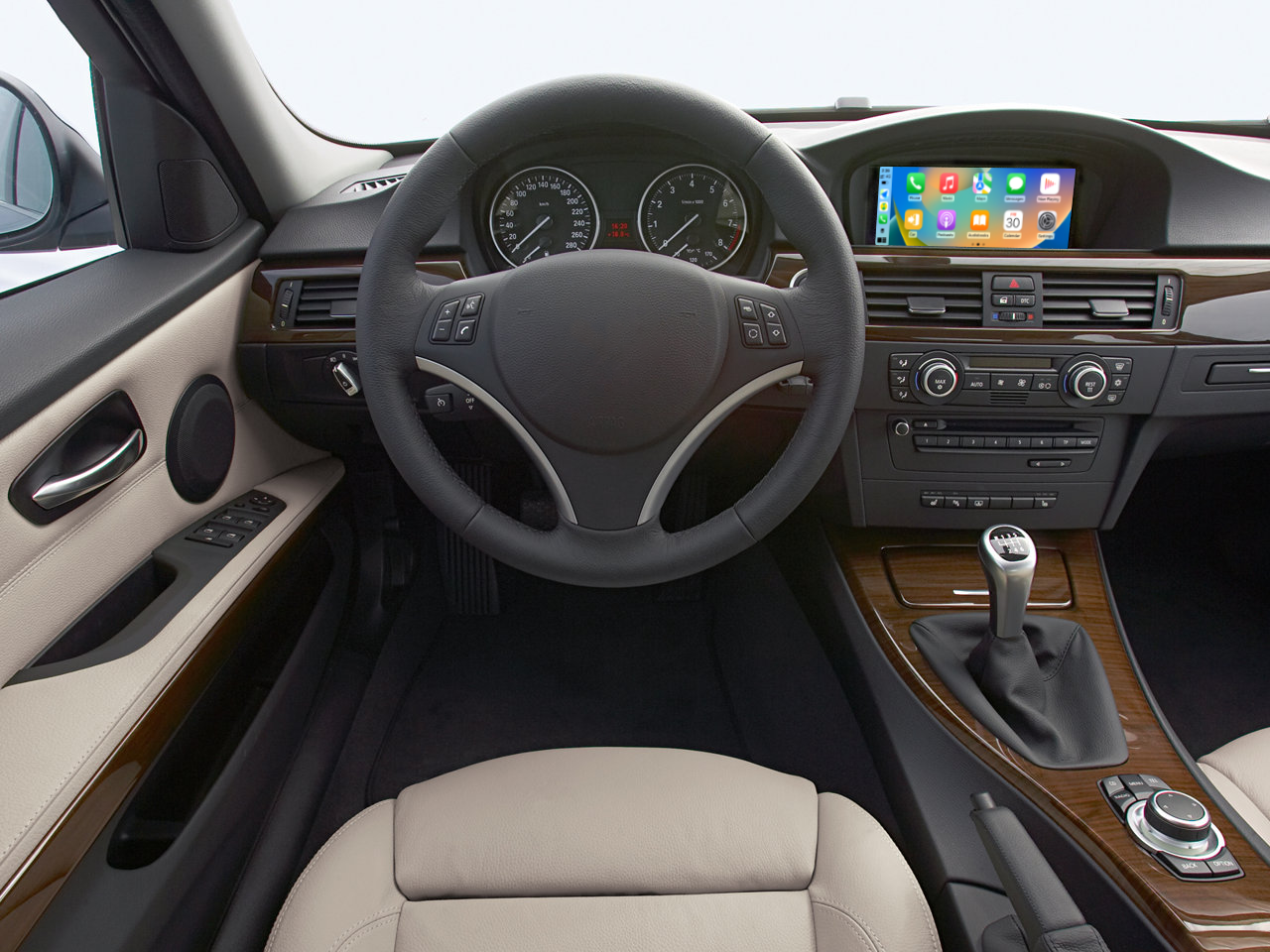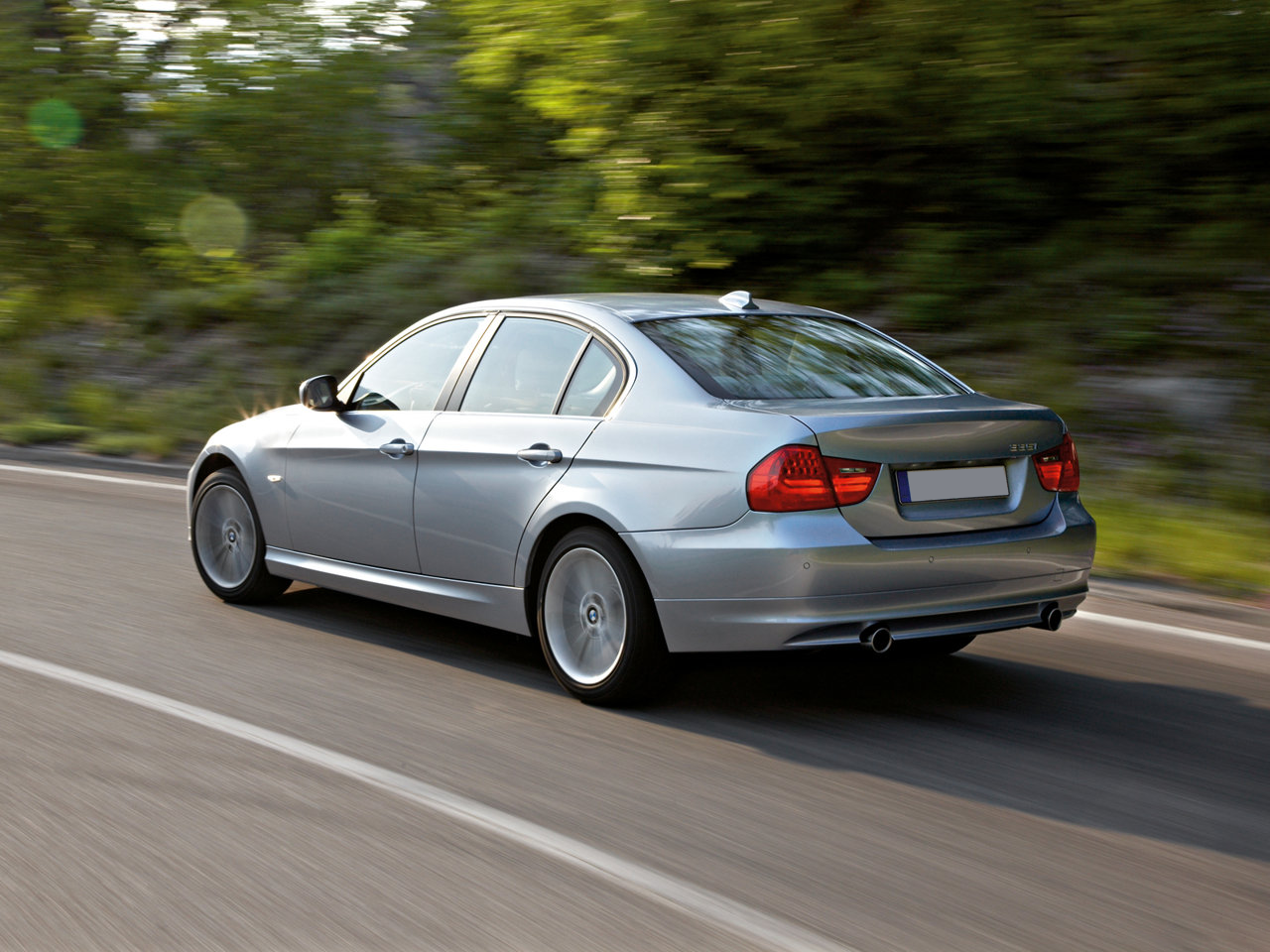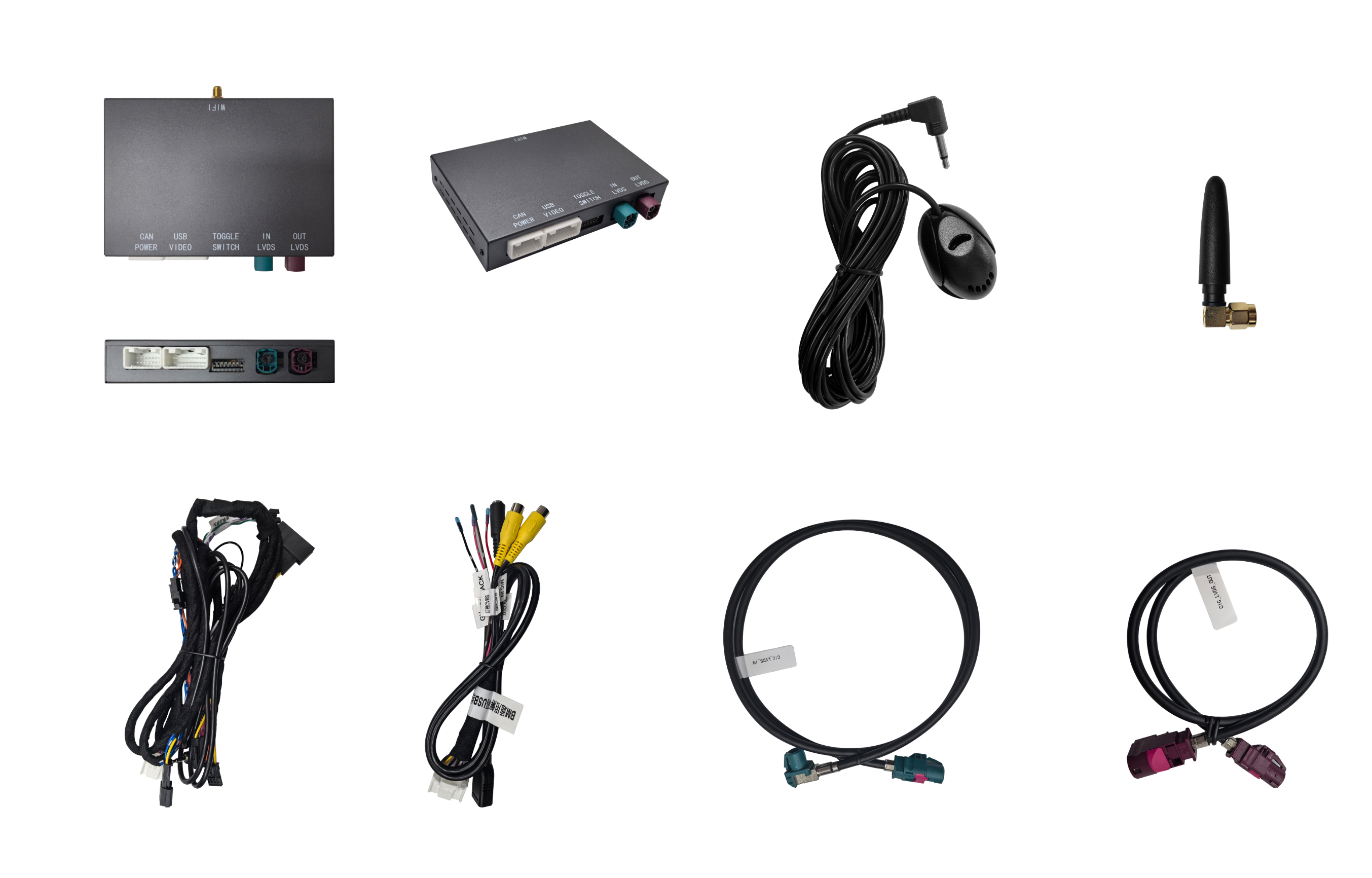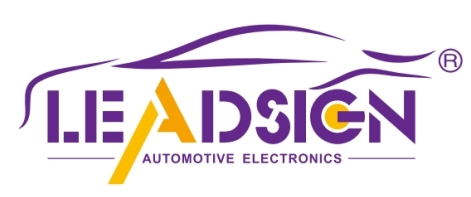How to Upgrade Your Car with Android Auto and Apple CarPlay Wireless Adapter

Imagine transforming your car into a smarter and more connected vehicle effortlessly. An apple carplay adapter for cars without carplay allows you to make hands-free calls, utilize GPS, and stream music seamlessly. It eliminates messy cords and enhances call clarity, making driving safer and more enjoyable. Integrating an Apple CarPlay adapter into cars that lack this feature is a significant upgrade for modern drivers.
Key Takeaways
Make your car better with a wireless adapter for CarPlay. It lets you make calls, use GPS, and play music without wires.
Before buying, check if your car works with the adapter. Make sure it has Bluetooth, Wi-Fi, and supports CarPlay.
Use an easy guide to set up the adapter. Update your devices and test the connection to ensure it works well.
Understanding Apple CarPlay Adapters for Cars Without CarPlay
What Are Wireless Adapters?
Wireless adapters are small gadgets that link your phone to your car’s screen without cables. If your car doesn’t already have CarPlay, these devices can help. They let you make calls, use maps, and play music easily.
These tools make driving simpler and less messy. You won’t need to untangle cords or plug in your phone every time. Instead, you can connect wirelessly and keep your focus on driving. Many people like wireless CarPlay adapters because they’re simple to set up and easy to use. Big car brands like Audi, BMW, and Toyota support this technology, so it works with many cars.
Still, some users say they sometimes lose connection and need to reconnect their devices. Even with this issue, most people are happy with these adapters. They’re a great choice for anyone wanting an easy way to upgrade their car.
How Do They Work?
Wireless adapters connect your phone to your car’s screen using Bluetooth and Wi-Fi. Once connected, your phone’s apps show up on the car’s display. This lets you use apps, make calls, and follow maps right from the screen.
Here’s a simple comparison of wired and wireless CarPlay:
Feature | Wired CarPlay | Wireless CarPlay |
|---|---|---|
Speed of Connection | ~700ms | ~1000ms |
Delay Limit | <400ms | Above limit |
GPS Use | Yes | Yes |
Security | WPA2(CCMP) | WPA/WPA2 mixed |
Updates | Regular | Frequent |
User Happiness | Varies | Mostly positive |
Wireless adapters are perfect for drivers who want a quick, cable-free connection. They’re a smart way to upgrade your car with modern features like Apple CarPlay.
Compatibility and Requirements for Adding CarPlay
Checking Your Car's Compatibility
Before adding Apple CarPlay, check if your car supports it. Search online using your car's make and model. Include "Apple CarPlay compatibility" in your search for accurate results. Many brands like Audi, BMW, Toyota, and Ford already support it. If your car is one of these, you’re likely ready.
Older cars might need extra hardware. Some need a CarPlay interface to upgrade the stereo. Others may require an aftermarket head unit like Pioneer or Kenwood. If unsure, check your car’s manual or ask the manufacturer. This helps avoid problems later.
Here’s a simple checklist:
Make sure your car has Bluetooth and Wi-Fi.
Check if your infotainment system works with CarPlay.
Look into OEM upgrades if your car doesn’t support it.
Ensuring Your Smartphone Is Compatible
Your phone is key to using CarPlay. For iPhones, you’ll need an iPhone 5 or newer with iOS 7.1 or higher. For the best experience, use iOS 13 or later. Android users need Android 9.0 or higher. Both your phone and car must connect to the same Wi-Fi for wireless CarPlay.
Some adapters need newer software, like iOS 14, to work fully. Check your phone’s system and update it if needed. This ensures a smooth connection and easy use.
Tip: Test your phone with the adapter before buying. This makes sure it works with your car’s stereo system.
How to Add CarPlay to Any Car with the Right Adapter

Key Features to Look For
Adding CarPlay to your car needs the right adapter. Not all adapters are the same, so choose wisely. Here are important features to check:
Connection Stability: A steady connection keeps CarPlay working smoothly. Pick adapters that avoid signal problems for better performance.
Speed: Slow adapters can be annoying. Fast ones load apps quickly and respond fast.
Compatibility: Ensure the adapter works with your car and iPhone. Some may not fit older models or certain setups.
Ease of Use: Simple plug-and-play adapters save time. Complicated setups can be frustrating.
User Reviews: Read reviews from other drivers. They can show real-life problems or great features.
Here’s a simple table to guide you:
Feature/Benchmark | Description |
|---|---|
Connection Stability | Keeps wireless CarPlay steady; avoids signal issues. |
Speed | Ensures smooth use; no delays or lag. |
Compatibility | Works with many iOS devices; some setups may not fit. |
User Satisfaction | Reviews show how well it works in real life. |
Signal Interference | Reduces interference for a stable connection. |
By focusing on these, you can easily add CarPlay to your car.
Popular Brands and Models
Many brands make great adapters for adding CarPlay. One top choice is LEADSIGN, known for its BMW CIC Apple CarPlay & Android Auto Kit. It supports both wireless and wired use. It also has voice control, screen mirroring, and backup camera input for safety. If you drive a BMW, this is a great pick.
Another good brand is RDVFL, offering adapters for many cars. These are praised for strong connections and easy setup. They’re ideal for upgrading older cars or improving newer ones.
Both brands give reliable options for adding CarPlay. With the right adapter, you can enjoy modern tech without changing your whole system.
Installation Process for Apple CarPlay for Cars Without It

Step-by-Step Guide to Setting Up the Adapter
Setting up an Apple CarPlay adapter is simple and quick. Follow these steps to get started:
Check Compatibility: Make sure your car supports wireless CarPlay. If unsure, check your car's manual or ask the manufacturer.
Place the Adapter: Put the adapter near your iPhone for a strong signal.
Turn It On: Plug the adapter into your car's USB port. Wait for the lights to turn on.
Enable CarPlay on iPhone: Open "Settings" > "General" > "CarPlay" on your iPhone.
Pair Devices: Choose your car's system from the list on your phone. Enter the code if asked.
Test Connection: After pairing, your iPhone screen should show on your car's display. Try using maps, music, and calls to check everything works.
Pro Tip: Keep Bluetooth and Wi-Fi on during setup for a smooth connection.
Tips for a Smooth Installation
Follow these tips to make installing CarPlay easy and stress-free:
Prepare First: Gather tools and check your car's needs before starting.
Update Software: Make sure your adapter and car system have the latest updates. This avoids problems.
Restart Devices: If something goes wrong, restart your iPhone and adapter. This often fixes small issues.
Test Everything: After setup, try all features like maps, music, and calls. Make sure they work well.
Ask for Help: If you're unsure, get professional help. Brands like Pioneer and Kenwood offer systems that support CarPlay.
By following these tips, you can easily add Apple CarPlay to your car. The process is simple, and you'll enjoy modern features while driving.
Benefits of Adding CarPlay
Better Convenience and Safety
Adding CarPlay makes driving easier and safer. You can use voice commands to control your phone. This keeps your hands on the wheel and eyes on the road. Tools like Siri or Google Assistant help you call, text, or get directions. You don’t need to touch your phone, which lowers distractions and helps you drive safely.
CarPlay works with your car’s system to boost safety. Some adapters, like the LEADSIGN BMW CIC Kit, support backup cameras. This helps you park and reverse more safely. The wireless setup also removes messy cables, keeping your dashboard clean and tidy.
Tip: Always use voice commands. It’s the safest way to use your phone while driving.
Better Driving Experience
CarPlay makes your daily drives more fun. You can play music, follow maps, and even mirror your phone’s screen. The wireless connection feels smooth and modern, replacing old wired systems.
Here’s why drivers enjoy wireless CarPlay adapters:
Easy Connection: Devices like the Ottocast adapter connect fast and work smoothly.
Reliable Use: They perform well, even in bad weather.
Hands-Free Control: Models like the U2 AIR Pro let you manage everything without touching.
Simple Switch: Adapters like CarPlayClip make moving from wired to wireless easy.
With these features, driving becomes smarter and more connected every time you’re on the road.
Troubleshooting and Maintenance
Common Problems and Simple Fixes
Wireless CarPlay adapters are helpful but may have issues. Knowing how to solve these problems can save time. Here are some common issues and easy fixes:
Connection Drops: If the adapter disconnects, check if Bluetooth is on. Restart the adapter or update its software to fix it.
Lagging Audio: Sound delays happen when the connection is weak. Move the adapter closer to your phone or clear objects blocking the signal.
Setup Problems: Setting up can be tricky, especially with rear cameras. Follow the steps carefully or ask an expert for help.
Unresponsive Screens: If the screen freezes, restart both the adapter and your phone. This usually solves the problem.
Pro Tip: Very hot or cold weather can affect the adapter. Keep it in a normal temperature for better performance.
How to Take Care of Your Adapter
Taking care of your adapter helps it last longer. Follow these tips to keep it working well:
Maintenance Tip | What to Do |
|---|---|
Handle Gently | Be careful to avoid breaking the adapter. |
Clean Regularly | Wipe it often to remove dust and dirt. |
Store Safely | Keep it in a dry, safe spot when not using it. |
Have a Backup | If you use it daily, keep a spare adapter for emergencies. |
By following these tips, your wireless CarPlay adapter will work smoothly. Regular care keeps it reliable and ready to use.
Adding CarPlay to your car is a simple way to modernize your driving experience. It’s affordable, easy to set up, and packed with features that make every drive safer and more enjoyable.
Why wait? With the right adapter, you can enjoy hands-free convenience and a smarter, more connected vehicle today. 🚗✨
Take the first step and upgrade your car now!
FAQ
How can I tell if my car has wireless CarPlay?
Look in your car’s manual or search online. Use your car’s make and model to check for Bluetooth and Wi-Fi support.
Can one adapter work in different cars?
Yes, most adapters are easy to move. You can take it out of one car and use it in another, as long as both cars support it.
Tip: Test the adapter in every car to make sure it works well.
Should I update the adapter’s software?
Yes, updates help it work better and fix problems. Visit the maker’s website or app to find the newest updates.

